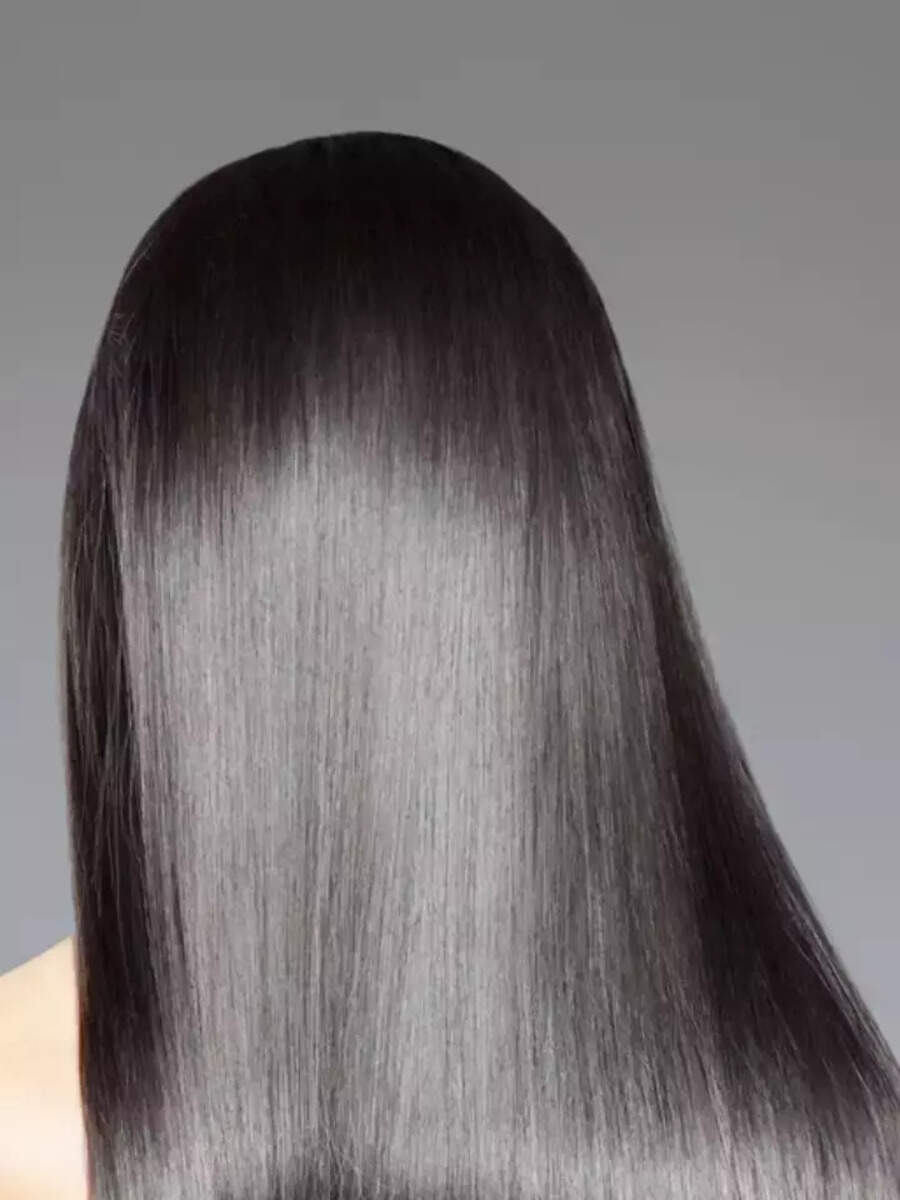Oct 11, 2024
Aakanksha Sharma
Shakespeare's vocabulary
Shakespeare was a master of words. He did not just invent some of the most beautiful sonnets and moving plays, he also invented some words and introduced some more. Here we mention 8 Shakespearean words to test your vocabulary and understanding.
canva
Abhor
A word that isn’t commonly used even today is Abhor. When using ‘Abhor’ in his work, Shakespeare referred to a feeling of disgust and a strong distaste for something.
canva
Egregious
According to ‘Shakespeares Globe’, Egregious refers to something “Remarkably good or great (of things)/ striking, significant”. But some people feel that ‘Egregious’ also refers to something shocking and distasteful.
canva
Consanguineous
‘Consanguineous’ refers to someone who is related to another person by blood or family ties. It describes the relationship between people of the same family or clan.
canva
Expiate
In the Shakespearean vocabulary, ‘Expiate’ referred to ‘bring something to an end’. Some people also claim that Expiate was used to suggest that people made up for their wrongs.
canva
Bacchanal
A word coming from the line of ‘Bacchus’, the God of wine, ‘Bacchanal’ celebrations referred to a wild and drunken party, uncontrolled behaviour, and lavish celebrations.
canva
You may also like
Han Kang wins Nobel Prize in Literature ...
7 books read, loved, and recommended by ...
Garboil
‘Garboil’ is used to define a state or incident of confusion, chaos, and a lot of commotion. It was basically used to describe situations in which everything seemed turbulent.
canva
Questant
‘Questant’, as the word suggests, refers to someone who is on a quest, or is searching for something. Shakespeare used this word to describe people who were in a serious pursuit, be for knowledge, power, or another goal.
canva
Younker
The word ‘Younker’ was used to refer to a young man, in the prime of his youth, and has a carefree spirit to him. Younkers are spirited young men who are full of energy, and ‘desirable’.
canva
Thanks For Reading!
Next: Han Kang wins Nobel Prize in Literature 2024: 10 facts about the winning author
Read Next

 6 months ago
67
6 months ago
67




























 English (US)
English (US)